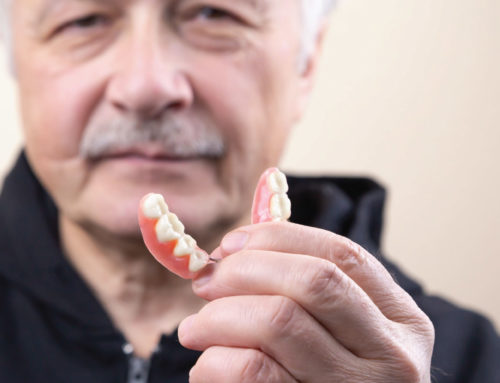A root canal is a dental procedure that is used to treat a tooth that is infected or inflamed at the pulp (the soft tissue inside the tooth that contains nerves and blood vessels). The procedure involves removing the infected or inflamed pulp, cleaning and disinfecting the inside of the tooth, and then filling and sealing the root canals.
The pulp can become infected or inflamed due to a variety of reasons such as deep decay, a crack or chip in the tooth, trauma to the tooth, or a large filling that has worn down over time. If left untreated, an infected or inflamed pulp can cause pain, swelling, and can lead to an abscess (a pocket of infection) or the loss of the tooth.
The root canal procedure is typically done in one or two appointments and is usually done under local anesthesia to numb the tooth and surrounding area. During the procedure, the dentist or endodontist will make an opening in the top of the tooth to access the pulp chamber and root canals. Using small instruments, the dentist will remove the infected or inflamed pulp, and then clean and disinfect the inside of the tooth. The root canals are then filled with a rubber-like material called gutta-percha, and sealed with a filling. In most cases a dental crown is placed to protect the tooth and restore its function.
After the procedure, the tooth may be tender or sensitive for a few days, but this can be managed with over-the-counter pain medication. Root canal treatment is a highly successful procedure that can save a tooth that would otherwise have to be extracted.



